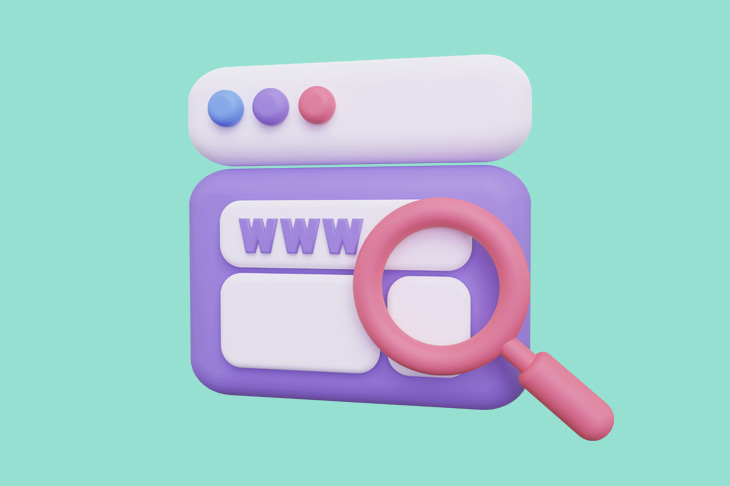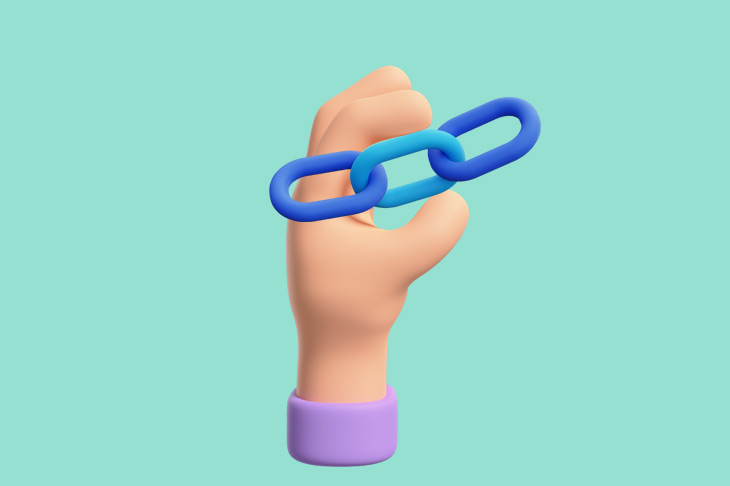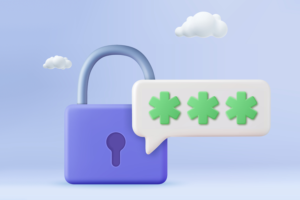Should you prefer short URLs over long URLs? The very first URL shortening service emerged in 2002 as tinyurl.com. Since then, URL shorteners have become more popular. Many website owners and digital marketers prefer link shortening due to its various SEO benefits. But it does come with some dangers. The increased security concerns associated with URL shorteners have tarnished their image.
Here is an overview of both the pros and cons of URL shorteners. We will also cover the best scenarios in which using URL shorteners is judicious.
Pros of using URL shorteners
1. Easy to remember
URLs usually include many special characters after the main domain name, making it difficult for someone to remember a link. These URLs can be shortened using URL shortening services, making them understandable and easy to remember. For instance, it’s easy to remember a link like www.bit.ly/3pL3s9a instead of www.xyz.com/blog/url-shortners/ or www.xyz.com/%&$#2023/prosandconsofurlshortners4563/
A URL shortener only mentions the useful information in the link. This allows the user to identify the type of content the link contains.
2. Gets pasted in limited space
Long URLs take up too much space and fail to accommodate character-limited services like Twitter. URL shorteners are said to have become popular after Twitter, as people failed to share long URLs due to limited character spacing.
Short URLs do not take up much space and become easily shareable on every platform. Add them to your Instagram bio, Twitter, or Facebook wall, or use them in embedded tools; these URLs make links more usable.
3. Helps in tracking page analytics
Analytics, reporting, and tracking are key indicators that help users find out the performance of a website or link. URL shortening services these days provide analytics and tracking features to their users. The feature enables users to monitor the number of clicks on the link, user engagement with the content on the link, dwelling rate, geographical location of the user, and other helpful insights.
This helps you understand your audience better and make changes (if required) accordingly.
4. URL customization
Using a URL shortener also helps users customize the link. This is another feature provided by URL shortener services that enables you to customize the link as per your needs and choices. Also, you may keep it as short as possible or add strings to make it look more readable and less random.
You can edit and make changes to the link as and when required. You can customize the URL to match the branding of the website or the content. Users can also benefit from a custom short URL to build a brand image and consistency across platforms.
Cons of using URL shorteners

While there are many benefits to using URL shorteners, they are not always recommended due to some of their limitations. Here is why you should stay away from too much short linking:
1. Hampers link-worthiness
URL shorteners shorten the link to sometimes hide the website domain and make it look random. This adds to the list of suspicious links and is often disregarded. Even good links can get ignored due to a lack of useful information revealed in the link.
2. Increases broken link possibility
Shortened links become obsolete and unreachable quite often. When the service through which the user shortens the link gets discontinued, the shortened link also stops working. Such a link is also known as a dead link. When a user clicks on such a link, it appears broken and unavailable.
Such links harm the website’s reputation as they diminish traffic, leading to poor performance of search results.
3. Compromises user’s security
As per statista.com, link shorteners are predominantly used for phishing attacks. Phishing attacks trick users into clicking malicious links by distinguishing themselves as reputed links, thus stealing sensitive user information.
Link shorteners are deliberately used for cybercrimes. These links are sent as inbox messages to breach the security of the user. Users should be careful and mindful before clicking on any unknown links.
The popular URL shortener, TinyURL, has started a new feature known as the preview feature that allows users to view the destination of a link before clicking on it.
When should you use URL shorteners?
Using shortened URLs excessively can be detrimental to your website’s image. Therefore, it should only be used in certain circumstances where it is deemed useful. Here are some scenarios where you can use URL shorteners:
1. In social media posts
Shortened URLs are ideal for social media posts with character limits, like Twitter. You can use the shortened version of the original URL in Twitter posts to make them look clean and clutter-free.
To keep the use of short URLs safe, Twitter now automatically shortens your long URL without the use of third-party URL shortening services. However, using too many shortened links on Twitter may force Twitter to flag your posts.
Also, some platforms like Wikipedia and Yahoo! Answers totally restrict the use of URL shorteners.
2. For analytics
You can use the URL shorteners for its analytics feature to some extent. However, too much data overload may also be overwhelming. Using them in moderation is the key to making the best use of them.
3. Make use of internal URL Shorteners
Many platforms have flagged the use of third-party URL shortener services or external URL shorteners. They are known to cause security issues for users. Therefore, using platforms that automatically shorten your long URLs, like Pinterest, email services, many forums and communities, and LinkedIn, is recommended to keep short links free from malicious acts.
4. When using temporary links
Shortened links are useful in the case of temporary links. Such links need to stay valid for a short period. URL shortening services provide a feature wherein you can edit and change the destination link and keep the short link the same. So, this feature is useful when using temporary links, as you can change the link address.






Join the Discussion